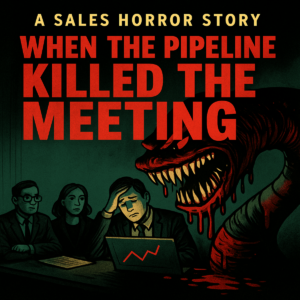Most companies want to do playbooks last, preferring to try to get quick wins with a sales activity blitz, a marketing campaign, or some shiny technology. While this may generate a short term blip in the results, these things rarely create ongoing revenue growth. Playbooks create a consistent client experience. They clearly describe the experience you want to create during each stage of the customer journey with the goal of reducing friction and improving motivation. Playbooks outline the steps of the process to deliver that experience. They include content and tools to maximize conversion and velocity. They leverage automation. The problem is that many companies tend to put playbook creation last on this list of priorities. Instead, they direct resources to things like:
- Content
- “Let’s build a new website!”
- “We need a new proposal template!”
- Activity
- “We just need to go sell something.”
- “Let’s run an email and social campaign to generate some demand.”
- “Let’s do a webinar.”
- Technology
- “Let’s get a new CRM—that will solve our problems!”
- “Check out the new buyer intent solution!”
All of these are great. However, outside of a broader strategy combined with a way to execute, most of these initiatives end up being temporary shots in the arm. Sometimes they are simply a waste of money, not yielding any measurable results. I get it. These things seem urgent. They look like they will bring needed revenue. However, when we are honest, we all know that short-term thinking yields short-term results. Instead, what if you took Stephen Covey’s advice and “began with the end in mind?” First, craft the client experience you want to create through both the net-new and cross-sell stages of the customer journey. Second, build playbooks for each stage of that journey. Then you will have the context you need to create content, do activity, and apply technology. Here are five reasons playbooks need to be done first:
1. The process of creating playbooks gets everyone to think through the details of execution
In our Revenue Growth Workshops we guide leadership teams through documenting their Ideal Client Experience. The cross-functional input from marketing, sales, and operations gives a full picture of what the business looks like through the eyes of a client. Having the multiple perspectives of marketing, sales, and operations reveals the issues in the client experience. Getting outside of silos and working together shines a light on where improvements need to be made. With the Ideal Client Experience in mind, these same cross-functional teams are in a position to think through how each stage could be optimized. The creation of playbooks allows the cross-functional team to build and document what it takes to orchestrate a frictionless client experience that is consistent from start to finish. At this point, the team understands the content, activities, and technology needed to support the Ideal Client Experience. Instead of ad hoc activities, the marketing, sales, and operations teams can get to work building the things (like automation) needed to support the playbook.
2. Playbooks define the content that needs to be created.
Most content focuses on demand generation. While we need to get the attention of our prospects, that’s only the first step. At each stage of the Ideal Client Experience different content is needed. During the net-new phase of the Ideal Client Experience, buyers have predictable questions at the various stages of their journey. Not answering these questions leads to friction. Proactively answering these questions creates motivation. Once they become a client, the marketing shouldn’t stop. Instead, content should focus on helping the client onboard and adopt the solution. Then, content can be created to support cross-sell growth, helping clients get the best and highest value from their relationship with your company. The creation of playbooks helps sales and operations teams identify the content that is needed at each stage of the Ideal Client Experience. This content becomes useful in creating velocity though the experience, increasing close rates, decreasing sales time, and maximizing cross sell.
3. Playbooks create scalability
If you want to grow you need scalability. This means new sales and operations people need to be onboarded into a consistent system. One of the most expensive investments a company can make is in sales people. How tragic when new salespeople sit down at their desk and find a stack of business cards and a few brochures. Even if you have hired a salesperson with relevant industry experience you cannot expect they know the way your company sells. Playbooks maximize sales success. New salespeople sit down to detailed documentation about the sales process. They understand the experience you are trying to create. They see how it all fits together. They find content and tools to support their journey. They discover automation that makes the experience easy and predictable. The same goes for operations. Playbooks show people in service or client success roles how to interact with customers in a way that not only maximizes satisfaction but also supports cross-selling. Playbooks make onboarding easier, helping new team members get up to speed. They create consistency. They give managers something to coach toward. All of this enables scalability.
4. Playbooks create a basis on which things can be improved.
Gino Wickman in the classic book, Traction, tells us that you cannot improve something that has not been documented. Once you document your Ideal Client Experience in playbooks you have a basis for improvement. The first version of your playbooks will not be perfect. However, having the playbooks in place gives you something to improve. Businesses that say they want to improve revenue and enhance customer experience are missing the mark if they don’t have playbooks. You can say you want to improve something, but do you have a mechanism to ensure that improvement becomes part of your company culture? With playbooks, you have the ability to say, “This is how we do it now.” Then you can roll out the improvement in a new version of the playbook that says, “This is how we are going to do it in the future.”
5. Client experience playbooks force alignment between marketing, sales, and operations.
Marketing, sales, and operations alignment has been elusive for most companies. When we do Revenue Growth Workshops, one of the consistent pieces of feedback we receive is, “I had no idea what was happening in the part of the client experience I’m not responsible for.” By creating playbooks together, marketing, sales and operations teams build alignment. They see the big picture. In co-creating playbooks for each stage of the Ideal Client Experience, they end up aligning efforts. All of this drives more revenue while improving customer satisfaction. The side benefits to the organization are huge as these formerly-siloed groups begin to work together.
Do You Have Client Experience Playbooks?
So, here’s the question: Do you have client experience playbooks? If not, why not? Kevin Davis wrote one of my favorite sales books, Slow Down, Sell Faster. The title says it all. Sometimes by doing things that feel like we are slowing down we actually end up accelerating. Stephen Covey told us we should, “Sharpen the saw.” Perhaps creating playbooks is the ultimate sharpening of the revenue saw. Pausing to think through the experience and documenting it will help you achieve bigger results, faster. If you don’t have playbooks, we would love to help facilitate their creation. Contact us today to explore how other entrepreneurial companies are accelerating revenue.





